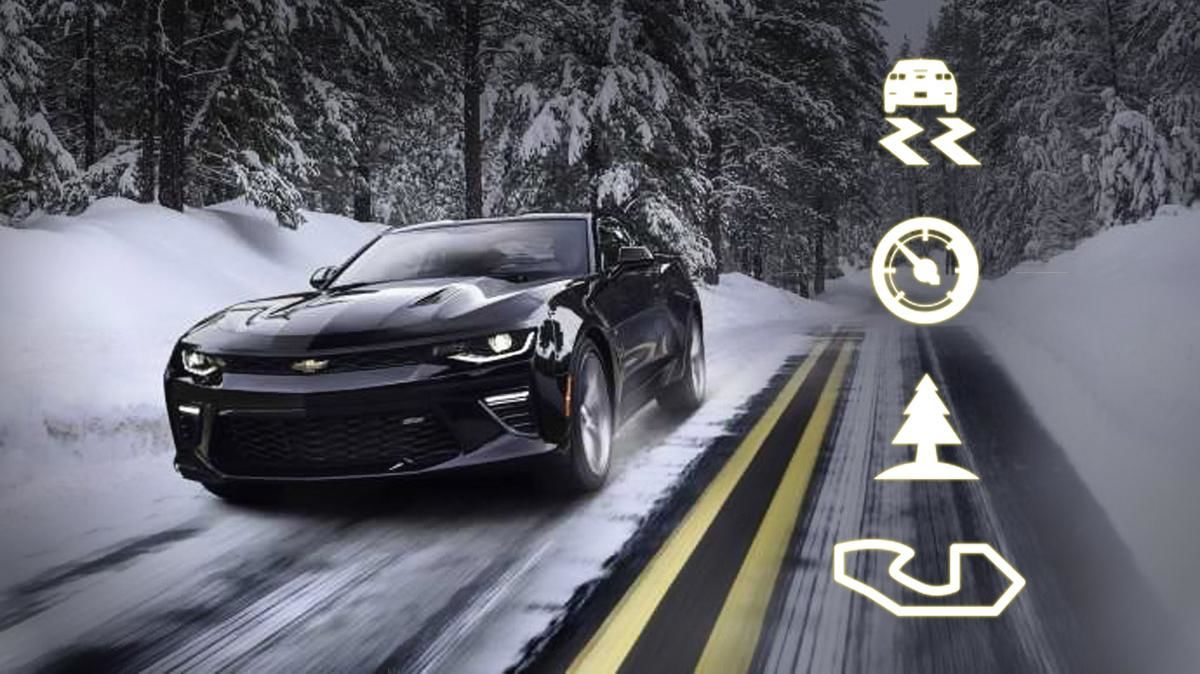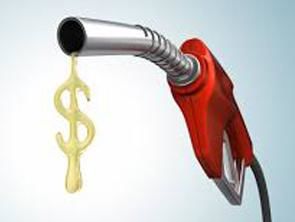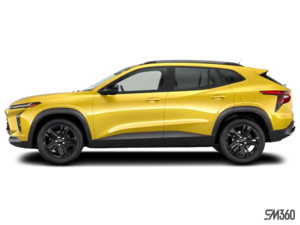Tips for you and your vehicle
January 01 2019, Fox Chevrolet LTD

TIPS FOR YOU AND YOUR VEHICLE
Winter Driving
Winter driving can be unnerving even for the most seasoned drivers. We would like to offer you a few tips to prevent being caught off guard this winter.
Traction. Do not ignore your tires. Your vehicle needs top performance with winter road conditions and tires are a big part of that. A good set of winter tires can make a difference. If you need tires, we offer a wide range of makes and sizes of winter tires for your car, truck or SUV.
Inflation. The cold winter weather can affect the air pressure in your tires and you need proper tire inflation for vehicle stability, fuel mileage and steering. Check your tire pressure at least monthly during this time of year.
Take it easy. Remember to watch for other vehicles while driving. You may be prepared for winter but there is always someone who isn't. Increase space between you and the vehicle in front of you, just in case there is a problem. You want to have enough time and space to get stopped or avoid a potential accident.
Stock your vehicle. No one wants to break down, especially during the winter. You should have a winter weather kit in your vehicle. Here are some items to include in your kit: blankets, water bottle(s), snack food, first aid kit, jumper cables, shovel, ice scrapper, road flares, flash light, a candle and matches.

HOW TO PREVENT GAS GUZZLING
With the price of gas going nowhere but up--we would like to pass these fuel savings tips on to you.
- Be gentle on the gas and brakes. One of the easiest and most effective ways to conserve fuel is to change your driving style.
- Reduce your highway speed and use cruise control. Fuel consumption starts to increase above 90km/hr.
- Lighten your load. Clean out your truck and avoid using a roof rack.
- Service your vehicle regularly. Keeping your car running properly will help maximize fuel economy.
- Combine your trips to save fuel and time-consider carpooling. Try to combine multiple trips into one. Several short trips starting with a cold engine each time can use twice as much gas as one trip covering the same distance when the engine is warm.
- Properly inflate tires. Check your pressure at least once a month, especially when tires are cold and if the car has not been driven recently



